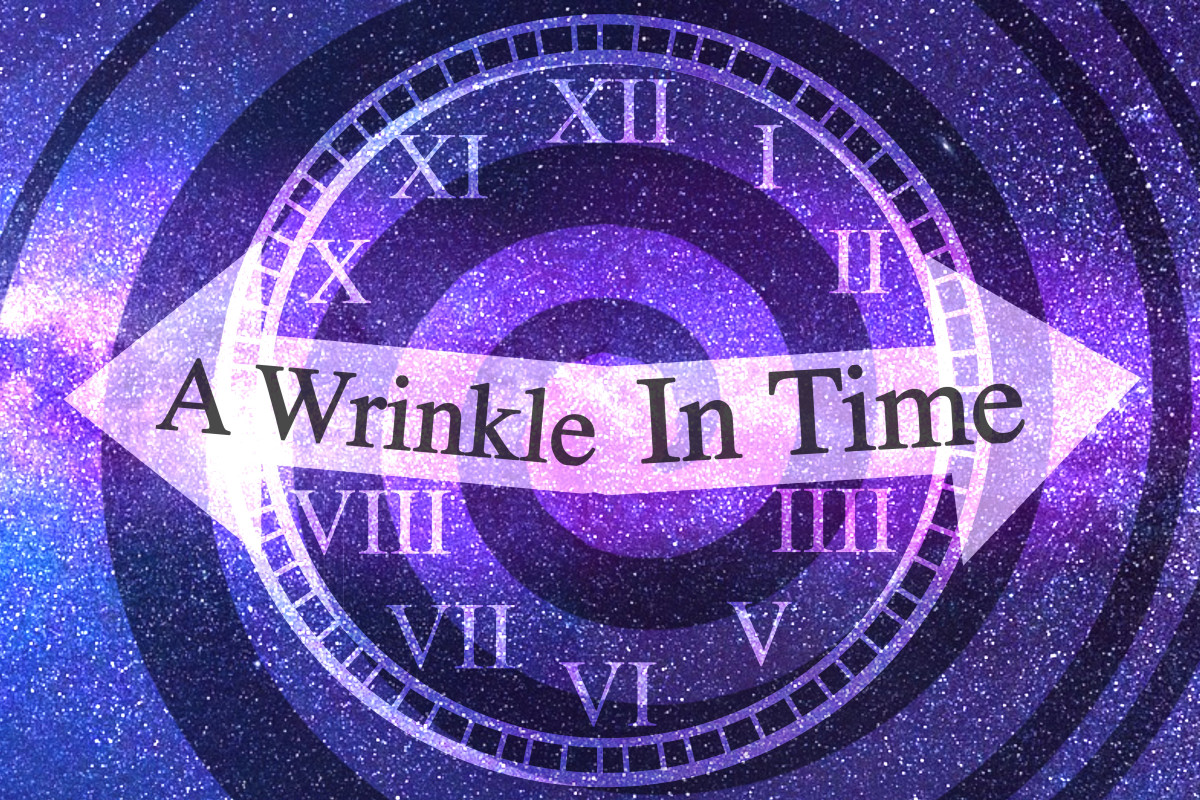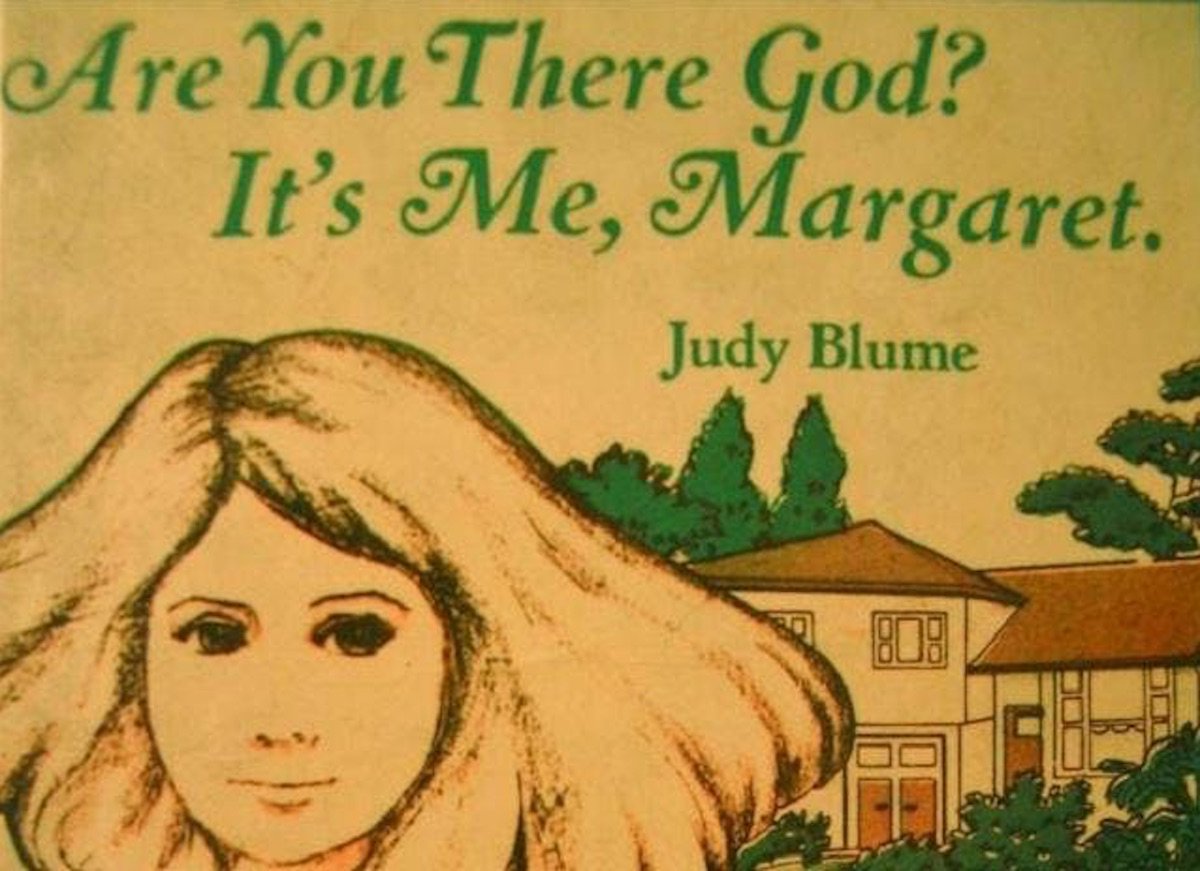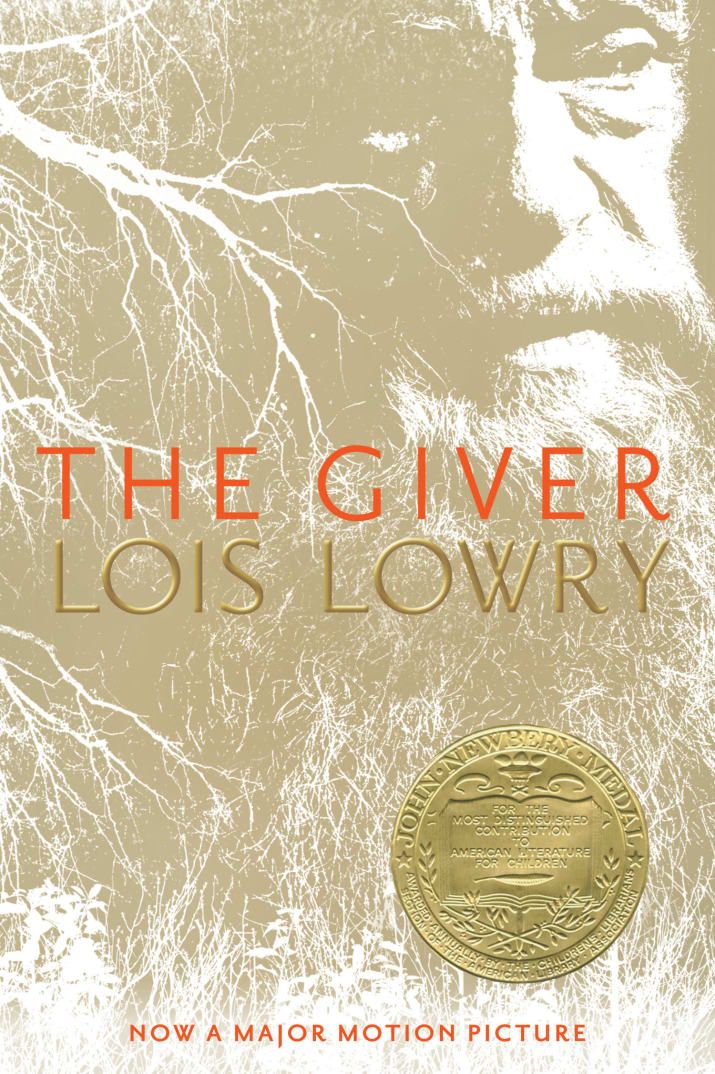All Controversial Themes
Society of the future: A culture of Sameness!
The young adult novel by Lois Lowry shows a futuristic society where life seems idyllic. There is no more war, pain, poverty, hatred or fear. Men and women are equal. There is no competition because everyone is granted a chance. Rigid rules govern every aspect of life, from language to social behavior and population. Controlled behavior means everyone is always polite. Whoever dares to break the rules is penalized with public chastisement. In that culture of Sameness, there is no personal choices, family connections or emotional expressions. No individuality. In that Community, they even have long eliminated the human ability to see color in their quest for ultimate equality. So it’s a colorless world, where everything is black and white. The climate is controlled to ensure nothing like snow hinders growing food or impedes transportation. Everything is predictable: The Elders of the Community choose for everyone their life-long careers, their spouses and even their children.
Looking after your own biological children is a thing of the past. Women who take on the role of giving birth belong to the lowest ranks. The newborns are taken to a nurturing center before they’re assigned to family units, i.e. couples of arranged marriages. A conversation between the mother of the protagonist, Jonas, and her daughter highlights that:
“I think newchildren are so cute,” Lily sighed. “I hope I get assigned to be a Birthmother.”
“Lily!” Mother spoke very sharply. “Don’t say that. There’s very little honor in that Assignment.” 1Lois Lowry, The Giver (Boston, Massachusetts: Houghton Mifflin, 1993), 27.
New couples are handed exactly two babies by Nurturers after an application process. Nurturers, like the protagonist’s father, look after newborns for a year before handing them over to couples. He tells his little girl the following:
[T]he Birthmothers never even get to see newchildren. If you enjoy the little ones so much, you should hope for an Assignment as Nurturer. 2Ibid., 28.
Blurring the line between euthanasia and murder
No one understands how life ends because it’s a society that knows no pain, grief or death. When the Community members hears of someone being “released” (a euphemism for “euthanized by lethal injection”), they believe they’re being sent to a mystical place called Elsewhere. The old, the disabled and the extremely weak are systemically taken away to be “released.” The same fate awaits anyone who doesn’t fit properly in the Community, like a newborn who doesn’t develop fast enough or doesn’t sleep at night. A “release” was also a punishment for those deemed as having committed great failure.
There were only two occasions of release which were not punishment. Release of the elderly, which was a time of celebration for a life well and fully lived; and release of a newchild, which always brought a sense of what-could-we-have-done. This was especially troubling for the Nurturers, like Father, who felt they had failed somehow. But it happened very rarely.3Ibid., 9-10.
Twins are not allowed as they would be confusing for their community. When they’re born, the one with a lower weight is “released.” The parents of Jonas have this conversation about particular newborn twins:
“Oh, dear,” Mother said, shaking her head. “If they’re identical, I hope you’re not the one assigned — ”
“I am. I’m next on the list. I’ll have to select the one to be nurtured, and the one to be released. It’s usually not hard, though. Usually it’s just a matter of birthweight. We release the smaller of the two.” 4Ibid., 144.
Killing sexual desire of adolescents with pills
All members of a family unit have to come together to share their feelings at night and their dreams in the morning. One morning Jonas, who’s beginning his puberty, shares a dream with sexual undertones towards his friend Fiona.
He paused. He knew he had to tell it all, that it was not only all right but necessary to tell all of a dream. So he forced himself to relate the part that made him uneasy.
“I wanted her to take off her clothes and get into the tub,” he explained quickly. “I wanted to bathe her. I had the sponge in my hand. But she wouldn’t. She kept laughing and saying no.”
He looked up at his parents. “That’s all,” he said.
“Can you describe the strongest feeling in your dream, son?” Father asked.
Jonas thought about it. The details were murky and vague. But the feelings were clear, and flooded him again now as he thought. “The wanting,” he said. “I knew that she wouldn’t. And I think I knew that she shouldn’t. But I wanted it so terribly. I could feel the wanting all through me.”
“Thank you for your dream, Jonas,” Mother said after a moment. She glanced at Father. 5Ibid., 45-46.
Their parents knew what they had to do: Adolescents are administered special pills on a daily basis to suppress their sexual urges and that’s what Jonas needed immediately.
Jonas’s assignment: Memories of joy, hope, grief and war
In that community, childhood ends at 12. Children are separated from their friends to start training. Jonas anxiously goes to the Ceremony of Twelves to receive his assignment in the Community. The Elders would have evaluated the children based on their interests and skills. The Elders sensed Jonas is unique enough to be assigned the honorable role of Receiver of Memory. His training to become the designated keeper of the community’s collective memory involves a transmission of these memories from The Giver, a once-young Receiver of Memory. Maintaining such memory supposedly keeps society from repeating mistakes of the past. Jonas starts the physically and mentally overwhelming process of receiving memories of the world prior to the establishment Communities. His body was exposed to experiences that include pain, love, sorrow, hope and in one particular session a gruesome war:
He was in a confused, noisy, foul-smelling place. It was daylight, early morning, and the air was thick with smoke that hung, yellow and brown, above the ground. Around him, everywhere, far across the expanse of what seemed to be a field, lay groaning men. A wild-eyed horse, its bridle torn and dangling, trotted frantically through the mounds of men, tossing its head, whinnying in panic. It stumbled, finally, then fell, and did not rise.
Jonas heard a voice next to him. “Water,” the voice said in a parched, croaking whisper.
He turned his head toward the voice and looked into the half-closed eyes of a boy who seemed not much older than himself. Dirt streaked the boy’s face and his matted blond hair. He lay sprawled, his gray uniform glistening with wet, fresh blood.
The colors of the carnage were grotesquely bright: the crimson wetness on the rough and dusty fabric, the ripped shreds of grass, startlingly green, in the boy’s yellow hair.
The boy stared at him. “Water,” he begged again. When he spoke, a new spurt of blood drenched the coarse cloth across his chest and sleeve.
One of Jonas’s arms was immobilized with pain, and he could see through his own torn sleeve something that looked like ragged flesh and splintery bone. He tried his remaining arm and felt it move. Slowly he reached to his side, felt the metal container there, and removed its cap, stopping the small motion of his hand now and then to wait for the surging pain to ease. Finally, when the container was open, he extended his arm slowly across the bloodsoaked earth, inch by inch, and held it to the lips of the boy. Water trickled into the imploring mouth and down the grimy chin.
The boy sighed. His head fell back, his lower jaw dropping as if he had been surprised by something. A dull blankness slid slowly across his eyes. He was silent.
But the noise continued all around: the cries of the wounded men, the cries begging for water and for Mother and for death. Horses lying on the ground shrieked, raised their heads, and stabbed randomly toward the sky with their hooves.
From the distance, Jonas could hear the thud of cannons. Overwhelmed by pain, he lay there in the fearsome stench for hours, listened to the men and animals die, and learned what warfare meant.
Finally, when he knew that he could bear it no longer and would welcome death himself, he opened his eyes and was once again on the bed. 6Ibid., 150-151.
Suicide: The former Receiver-in-training found the memories unbearable
Increasingly, Jonas feels more isolated as the memories are passed on to him. But he develops a trusting relationship with his old mentor. Only close to the end we find out what happened to his predecessor. The Giver reveals to him that the former Receiver-in-training ten years earlier was his own daughter! She could not withstand the horror and physical pain of all memories and requested to have her life terminated.
“She left here that day, left this room, and did not go back to her dwelling. I was notified by the Speaker that she had gone directly to the Chief Elder and asked to be released.”
“But it’s against the rules! The Receiver-in-training can’t apply for rel — ”
“It’s in your rules, Jonas. But it wasn’t in hers. She asked for release, and they had to give it to her. I never saw her again.”7Ibid., 179.
The Giver turned to him. Quite calmly, he related, “When the Speaker notified me that Rosemary had applied for release, they turned on the tape to show me the process.
There she was — my last glimpse of that beautiful child — waiting. They brought in the syringe and asked her to roll up her sleeve.
“You suggested, Jonas, that perhaps she wasn’t brave enough? I don’t know about bravery: what it is, what it means. I do know that I sat here numb with horror.
Wretched with helplessness. And I listened as Rosemary told them that she would prefer to inject herself.
“Then she did so. I didn’t watch. I looked away.” 8Ibid., 189.
The infamous scene of “gently” killing a baby
A parallel plot to Jonas struggle during the training sessions is his father, being a Nurturer, looking after a baby named Gabriel, a twin to another “newchild.” The father submitted a special request to try to save its life. Yet it’s a problem baby which the father takes home to help “fit in” the routines which include eating well and sleeping soundly all night. What’s at stake is the baby’s life!
Father had gone before the committee with a plea on behalf of Gabriel, who had not yet gained the weight appropriate to his days of life nor begun to sleep soundly enough at night to be placed with his family unit. Normally such a newchild would be labeled Inadequate and released from the community.9Ibid., 54.
Jonas develops a loving relationship towards that baby. Unfortunately the baby did not respond to the adjustments and is scheduled to be released. One day before the “release” of Gabriel, The Giver shows Jonas an old recording of his father “releasing” another baby. Up to this point, Jonas views his father, the Nurturer, as a gentle and loving man. After watching the recorded incident, he learns the horrifying truth about his father’s job and what it means to be released:
His father turned and opened the cupboard. He took out a syringe and a small bottle. Very carefully he inserted the needle into the bottle and began to fill the syringe with a clear liquid.
Jonas winced sympathetically. He had forgotten that newchildren had to get shots. He hated shots himself, though he knew that they were necessary.
To his surprise, his father began very carefully to direct the needle into the top of newchild’s forehead, puncturing the place where the fragile skin pulsed. The newborn squirmed, and wailed faintly.
“Why’s he — ”
“Shhh,” The Giver said sharply.His father was talking, and Jonas realized that he was hearing the answer to the question he had started to ask. Still in the special voice, his father was saying, “I know, I know. It hurts, little guy. But I have to use a vein, and the veins in your arms are still too teeny-weeny.”
He pushed the plunger very slowly, injecting the liquid into the scalp vein until the syringe was empty.
“All done. That wasn’t so hard, was it?” Jonas heard his father say cheerfully. He turned aside and dropped the syringe into a waste receptacle.
Now he cleans him up and makes him comfy, Jonas said to himself, aware that The Giver didn’t want to talk during the little ceremony.
As he continued to watch, the newchild, no longer crying, moved his arms and legs in a jerking motion. Then he went limp. He head fell to the side, his eyes half open. Then he was still.
With an odd, shocked feeling, Jonas recognized the gestures and posture and expression. They were familiar. He had seen them before. But he couldn’t remember where.
Jonas stared at the screen, waiting for something to happen. But nothing did. The little twin lay motionless. His father was putting things away. Folding the blanket. Closing the cupboard.
Once again, as he had on the playing field, he felt the choking sensation. Once again he saw the face of the lighthaired, bloodied soldier as life left his eyes. The memory came back.
He killed it! My father killed it! Jonas said to himself, stunned at what he was realizing. He continued to stare at the screen numbly.
His father tidied the room. Then he picked up a small carton that lay waiting on the floor, set it on the bed, and lifted the limp body into it. He placed the lid on tightly.
He picked up the carton and carried it to the other side of the room. He opened a small door in the wall; Jonas could see darkness behind the door. It seemed to be the same sort of chute into which trash was deposited at school.
His father loaded the carton containing the body into the chute and gave it a shove.
“Bye-bye, little guy,” Jonas heard his father say before he left the room. Then the screen went blank.
[…]
Jonas felt a ripping sensation inside himself, the feeling of terrible pain clawing its way forward to emerge in a cry. 10Ibid., 186-189.
He decides to intervene to rescue Gabriel.
If he abandons the Community, all memories of the past would be released back into the minds of its citizens. With help from the Giver, that’s what he plans on doing to give the Community the freedoms of choice and individuality they never had. He steals away baby Gabriel before he sets off. On the risky escape, he faces hunger and death which he never knew existed untill recently. He encounters natural landscapes and animals. The last scene shows him approaching a village celebrating Christmas with traditional music playing, where the readers assume he’ll be warmly received in a happy, albeit ambiguous, ending.
You might also like:

A Wrinkle in Time: Is it blasphemous or too Christian?
Two reasons Madeleine L’Engle’s book was challenged by religious conservatives
BOOK: A WRINKLE IN TIME

Are You There God? It’s Me, Margaret: Why was it banned?
A girl seeks religion while dealing with puberty: her first bra, first period, and first crush. Was the book really anti-Christian?
BOOK: ARE YOU THERE GOD? IT’S ME, MARGARET
Endnotes






